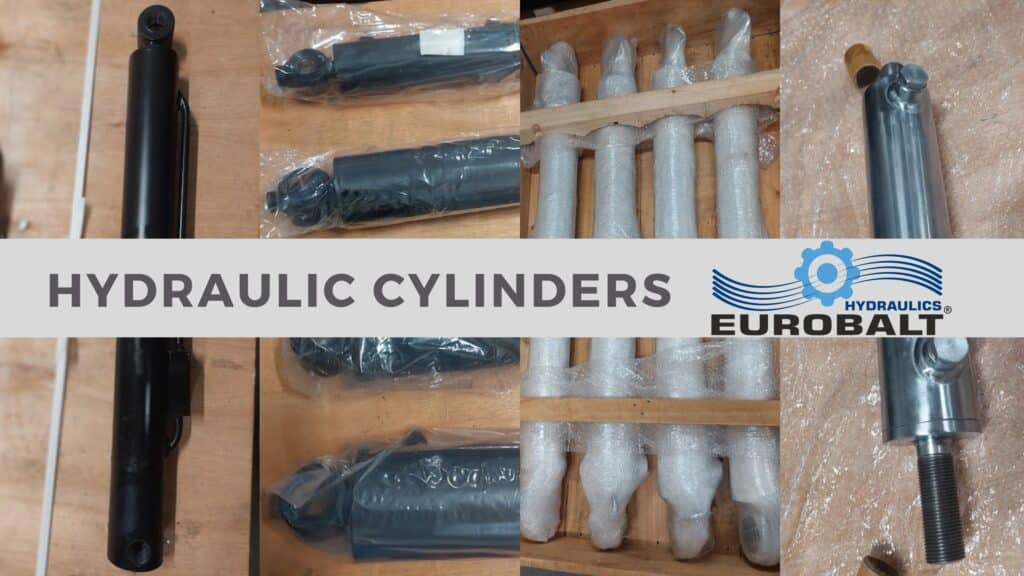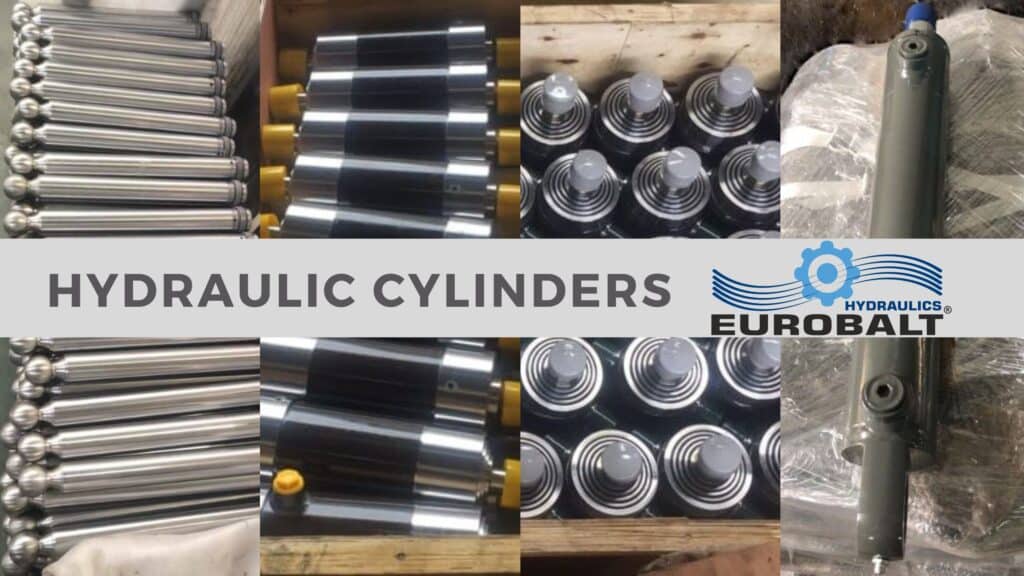In the world of industrial automation and machinery, the choice of actuators plays a pivotal role in determining the efficiency and effectiveness of various processes. Hydraulic actuators, commonly known as hydraulic cylinders, are one of the key contenders in this realm. However, like any technology, they come with their set of advantages and considerations compared to their analogs and other types of actuators. In this article, we’ll explore the benefits and potential drawbacks of using hydraulic actuators.

Advantages of Hydraulic Actuators
- 1. Tremendous Power and Force: Hydraulic actuators are renowned for their ability to deliver substantial force and power. This makes them ideal for applications where high torque or heavy lifting is required, such as in construction equipment, industrial presses, and manufacturing machinery.
- 2. Precise Control: Modern hydraulic systems incorporate advanced control technologies, allowing for precise and accurate control of motion. This level of control is crucial in applications where precision is paramount, such as in aerospace and automotive manufacturing.
- 3. Versatility: Hydraulic actuators can operate in a wide range of environments, including extreme temperatures and high-pressure conditions. Their adaptability makes them suitable for diverse industries, from mining and agriculture to aerospace and marine.
- 4. Compact Design: Despite their power, hydraulic actuators often have a more compact design compared to some of their counterparts, making them suitable for applications with limited space.
- 5. Durability: Well-maintained hydraulic systems can have a long lifespan, and the components are known for their durability. This is particularly advantageous in industries where equipment longevity is a key concern.

Considerations When Using Hydraulic Actuators
- 1. Fluid Leaks: One of the primary concerns with hydraulic systems is the potential for fluid leaks. This can result in environmental hazards and maintenance challenges, necessitating regular inspections and maintenance.
- 2. Efficiency: Hydraulic systems can be less energy-efficient compared to some alternative technologies, especially in applications where constant high force isn’t required. This inefficiency can lead to higher operating costs.
- 3. Noise and Vibrations: Hydraulic systems can generate noise and vibrations during operation, which can be a concern in applications where a quiet working environment is essential.
- 4. Environmental Impact: The hydraulic fluid used in these systems can have environmental consequences if not managed properly. Spillage or disposal issues can lead to environmental pollution.
- 5. Maintenance: While hydraulic actuators are durable, they require regular maintenance to ensure optimal performance. Neglecting maintenance can lead to costly breakdowns.
Hydraulic actuators offer unparalleled power, control, and versatility, making them an excellent choice for many industrial applications. However, their advantages should be weighed against considerations like efficiency, maintenance, and environmental impact. The choice between hydraulic actuators and their alternatives ultimately depends on the specific needs of the application and a careful assessment of the trade-offs involved. Eurobalt Engineering, with its expertise in manufacturing and technology, can provide valuable insights and solutions tailored to your requirements. Contact us today to explore the best actuator options for your projects.

